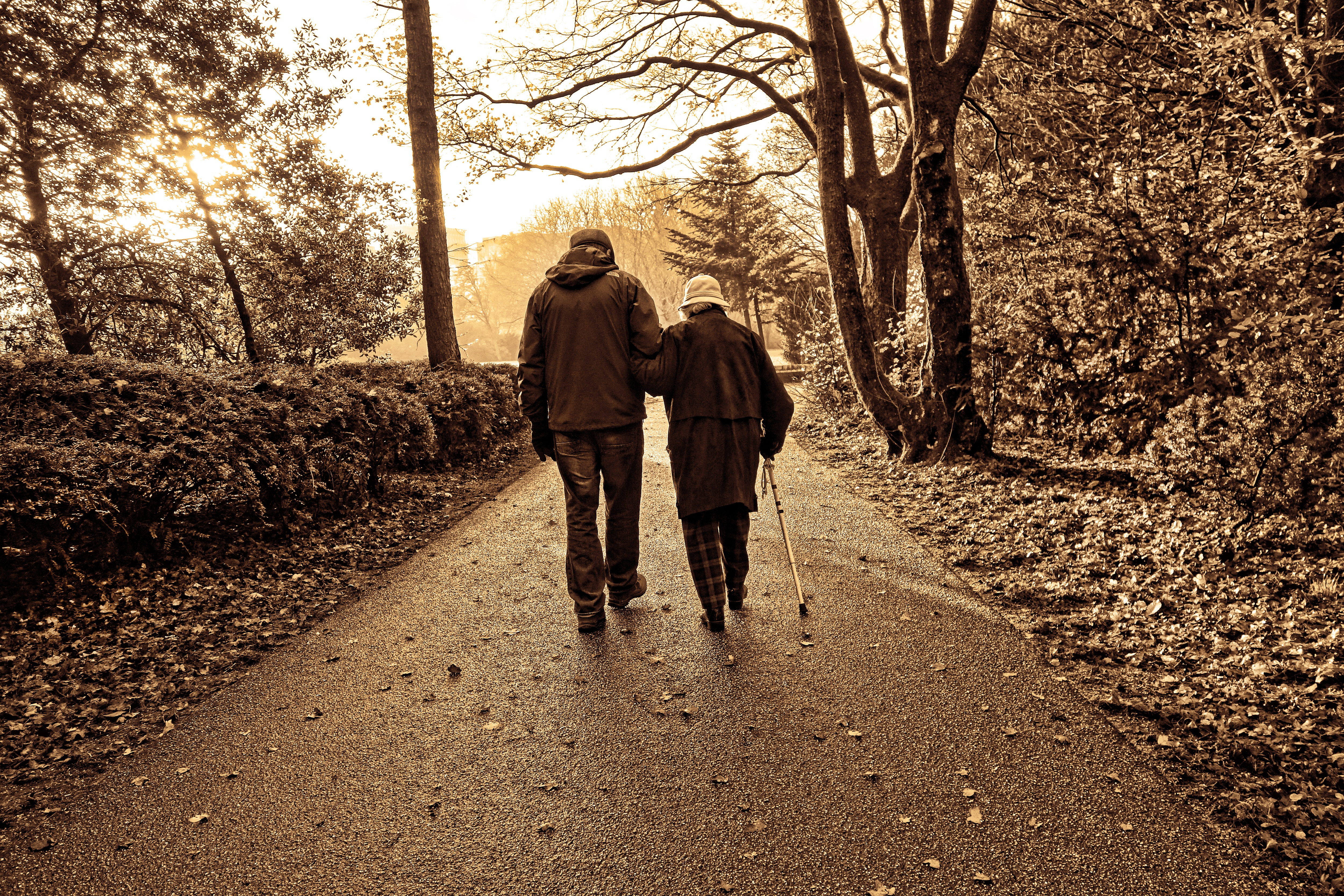What’s This Research About?
Falling can be debilitating and often fatal for the elderly. Many of us have witnessed the personal and economic toll that a fall can have on our aging parents and grandparents. One in three of our relatives over the age of 65 are at risk of falling. The number of people affected will only increase with the ever growing elderly population which is predicted to reach 20% by 2030.
Due to the ramifications and number of people affected, it’s urgent that we address the lack of confidence in moving around which can lead to debilitating falls.
This research asks if participating in a yoga class twice a week could help reduce the risk of falling in the elderly.

TITLE: The Effect of Yoga on Fear of Falling and Balance in Older Adults
PUBLICATION: Physical Medicine and Rehabilitation Journal
DATE: 2016
AUTHORS : Nick, N., Petramfar, P., Ghodsbin, F., Keshavarzi, S., Jahanbin, I.
Berg Balance Scale (BBS): An exam assessed by a qualified clinician that tests individuals’ static and dynamic balance in fourteen different sitting and standing tasks. Each task is scored from zero to four. Scores from 41 to 56 equal a low fall risk. Whereas a score of 40 or below is a predictor of multiple future falls.
Modified falls efficacy scale(MFES): A 14-point questionnaire asking participants their confidence in accomplishing regular daily activities in and out of the home without fear of falling. Each question is scored from zero to ten, ten being “confident/completely sure” of doing the task without falling. Total scores are then divided by 14, meaning a score of 10 represents full confidence with all the tasks, while an MFES score of less than 8 indicates a fear of falling.

